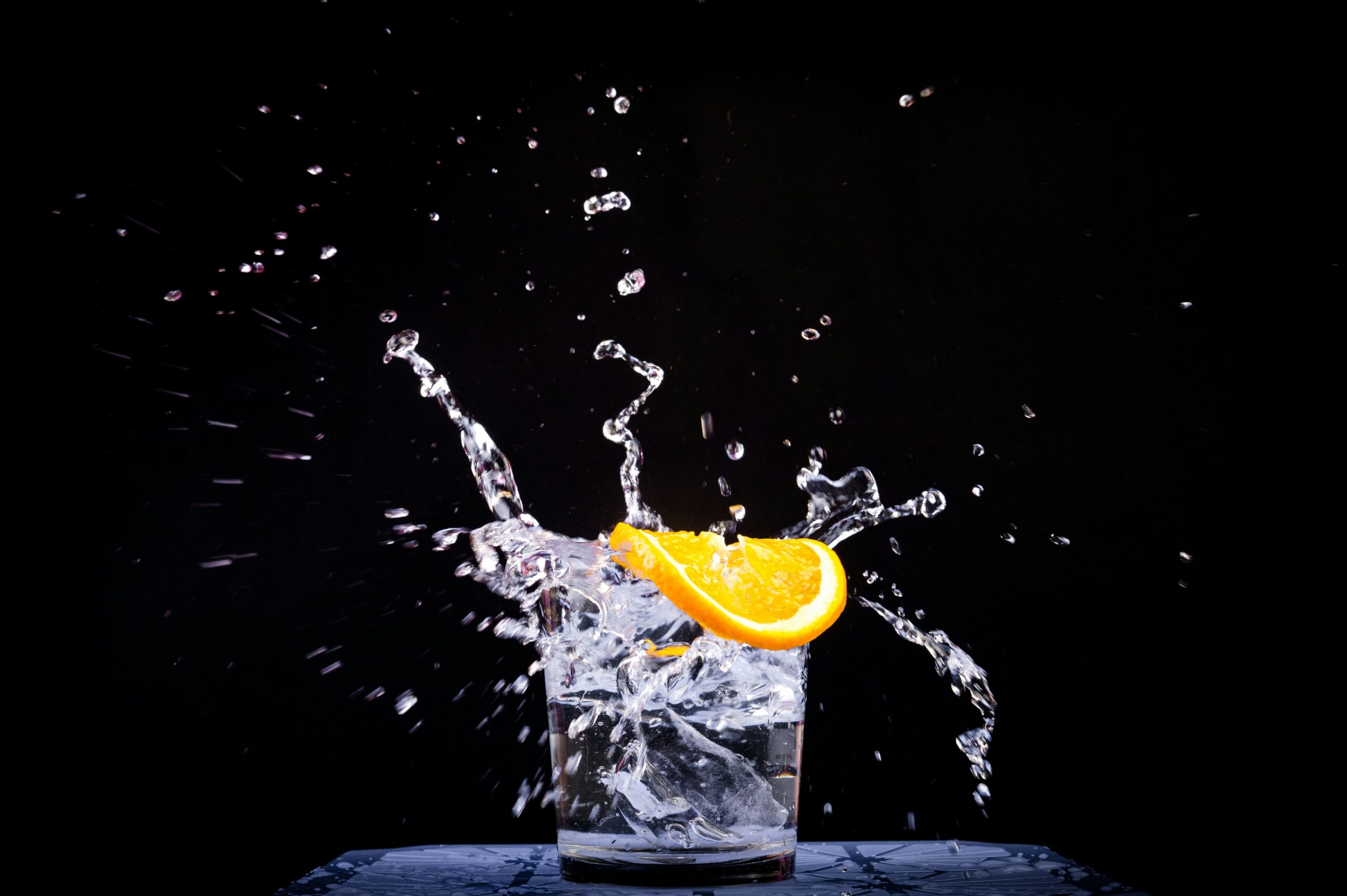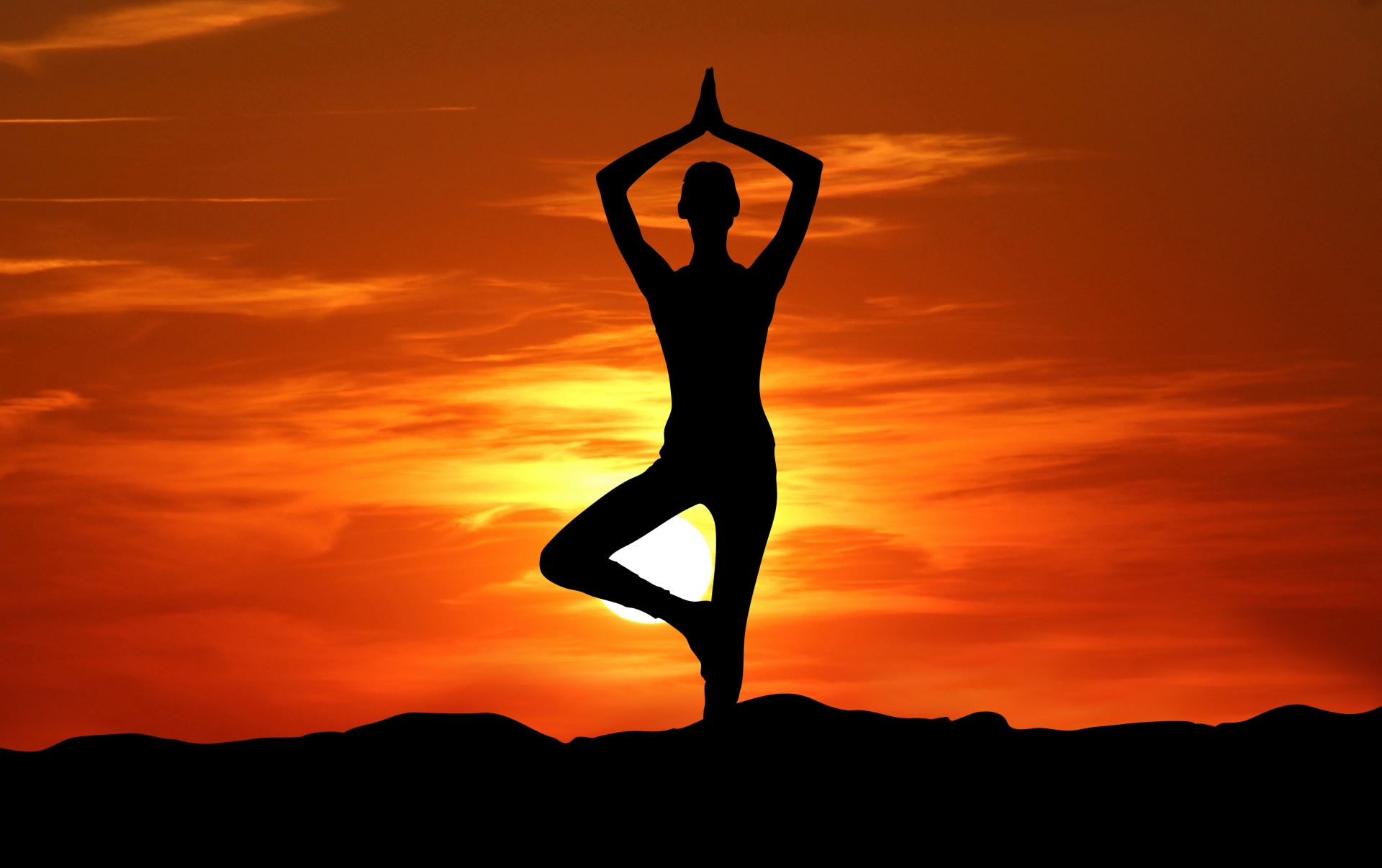
- December 21, 2024
- By
The benefits of drinking water cannot be understated, and staying hydrated is one of the most fundamental aspects of maintaining health and wellness. Water is a vital nutrient, essential for numerous physiological functions, from regulating body temperature to aiding in nutrient absorption. Despite its importance, many people struggle to drink adequate amounts of water daily, often underestimating its critical role in overall well-being. This blog explores the extensive benefits of hydration, practical ways to increase water intake, and the signs and risks associated with dehydration.
The Importance of Hydration
Water accounts for approximately 60% of an adult's body weight and plays a pivotal role in various biological processes. Here are some of the key benefits of maintaining proper hydration:1. Enhanced Cognitive Function
Dehydration can significantly impair cognitive performance, affecting memory, attention, and mood. Studies have shown that even mild dehydration can lead to difficulties in concentration and increased feelings of fatigue and anxiety (source). Staying hydrated ensures optimal brain function, helping you stay sharp and focused throughout the day.2. Improved Physical Performance
Water is critical for muscle function and endurance. During physical activities, the body loses water through sweat, and even a 2% decrease in hydration levels can impair physical performance. Proper hydration helps maintain strength, stamina, and recovery after exercise (source).3. Supports Digestive Health
Water facilitates the digestion and absorption of nutrients, ensuring smooth gastrointestinal function. It helps prevent constipation by softening stools and keeping the digestive tract lubricated. Inadequate hydration can lead to digestive discomfort and irregularity.4. Promotes Skin Health
Skin is the body’s largest organ, and its health is directly influenced by hydration levels. Drinking sufficient water helps maintain skin elasticity, reducing dryness and the appearance of wrinkles. Hydration supports a natural, healthy glow, enhancing overall skin vitality.5. Aids in Detoxification
Water is essential for flushing out toxins from the body through urine and sweat. Proper hydration supports kidney function, reducing the risk of kidney stones and urinary tract infections.6. Regulates Body Temperature
Water helps maintain a stable body temperature by dissipating heat through sweat. This process is especially important during hot weather or intense physical activities, where the risk of overheating increases.7. Helps Maintain Cardiovascular Health
Dehydration places additional strain on the heart, as it has to work harder to pump blood through the body. Proper hydration supports efficient circulation, reducing the risk of cardiovascular issues.Tips for Increasing Water Intake
For many, drinking enough water daily can be a challenge. However, simple strategies can help you incorporate more hydration into your routine:1. Carry a Reusable Water Bottle
Keeping a water bottle within arm’s reach makes it easier to sip throughout the day. Opt for a bottle with measurement markers to track your intake.2. Set Hydration Goals
Establish a daily water intake goal based on your individual needs. A common guideline is to aim for 8-10 cups (64-80 ounces) of water daily, though needs may vary based on activity level, climate, and overall health.3. Infuse Your Water
Enhance the taste of water by adding natural flavorings like cucumber slices, lemon, lime, or fresh herbs such as mint. This can make drinking water more enjoyable and encourage consistent intake.4. Eat Water-Rich Foods
Incorporate fruits and vegetables with high water content into your diet. Options like watermelon, oranges, cucumbers, and strawberries not only contribute to hydration but also provide essential vitamins and minerals.5. Use Technology
Hydration apps or smartphone reminders can help you stay on track by prompting you to drink water at regular intervals throughout the day.6. Start and End Your Day with Water
Kick-start your morning with a glass of water to rehydrate after sleep and finish your day with another to replenish fluids lost throughout the evening.Recognizing Dehydration
Dehydration occurs when the body loses more water than it takes in, disrupting normal physiological functions. It can range from mild to severe, with symptoms including:- Dark Yellow Urine: One of the earliest and most visible signs of dehydration. Ideally, urine should be light yellow or clear.
- Dry Mouth and Skin: Dehydration reduces saliva production and can lead to dry, flaky skin.
- Fatigue and Dizziness: Without enough water, blood volume decreases, leading to reduced energy levels and dizziness.
- Headaches: Dehydration can trigger headaches or migraines due to reduced blood flow and oxygen delivery to the brain.
- Increased Thirst: Persistent thirst is the body’s way of signaling the need for more fluids.
Hydration Myths Debunked
There are several misconceptions surrounding hydration. Let’s clear up a few:- Myth 1: You Must Drink 8 Glasses of Water Daily While the “8x8 rule” is a popular guideline, hydration needs vary among individuals based on factors like age, activity level, and environment. Listening to your body’s thirst cues is key.
- Myth 2: Coffee and Tea Dehydrate You Although caffeine has a mild diuretic effect, moderate consumption of coffee or tea can still contribute to your daily fluid intake.
- Myth 3: Clear Urine Equals Perfect Hydration Clear urine can indicate overhydration, which dilutes essential electrolytes. Aim for pale yellow urine as a balance.
Hydration for Specific Groups
Certain populations have unique hydration needs:- Athletes: Active individuals lose significant amounts of water and electrolytes through sweat. Replenishing fluids before, during, and after exercise is crucial for performance and recovery.
- Pregnant and Breastfeeding Women: Increased water intake supports amniotic fluid production, milk supply, and overall maternal health.
- Older Adults: Aging reduces the sensation of thirst, increasing the risk of dehydration. Seniors should consciously monitor their water intake.
Practical Hydration Tips for Busy Lifestyles
In today’s fast-paced world, staying hydrated can feel like an afterthought. Here are a few ideas to make hydration a seamless part of your day:- Pair Hydration with Habits: Drink water with meals or every time you check your email.
- Keep Water Accessible: Place water bottles in multiple locations, such as your desk, car, and bedside table.
- Choose Alternatives: If plain water feels monotonous, try unsweetened herbal teas or coconut water.
Final Thoughts: Make Hydration a Priority
The benefits of hydration are a cornerstone of health and wellness. By understanding its advantages and making small, sustainable changes, you can significantly enhance your quality of life. Whether it’s improving focus, supporting digestion, or boosting physical performance, staying hydrated is key. Take charge of your well-being by prioritizing hydration today. Start by filling up a glass of water and enjoy the ripple effect it creates for your health. For more tips and resources on living a healthier lifestyle sign up for our newsletter and receive tips like this and more directly in your inbox. Your journey to optimal wellness begins with a single sip!You Might Also Like

- February 17, 2025
- By
The Link Between Heart Health and Mental Wellness Most people are aware that there are specific physical biometrics or “numbers” that individuals should monitor to assess their current risk of heart disease. Many of these can measure the heart’s immediate reactivity (such as heart rate and blood pressure at any given moment), as well as […]
Read More
- February 3, 2025
- By
Sleep is more than just rest; it’s the body’s way of repairing, recharging, and preparing for the day ahead. While it may feel like a simple nightly ritual, the quality of your sleep is deeply influenced by what’s happening in your gut and what’s on your plate. Nutrition plays a pivotal role in fostering both […]
Read MoreNewsletter Sign up
Receive exciting updates from NouraLife, don't worry we only send meaningful emails.
